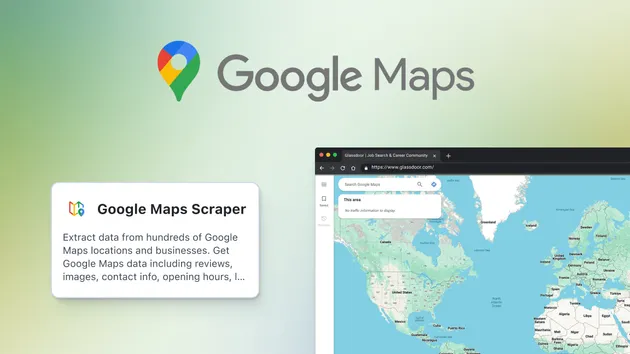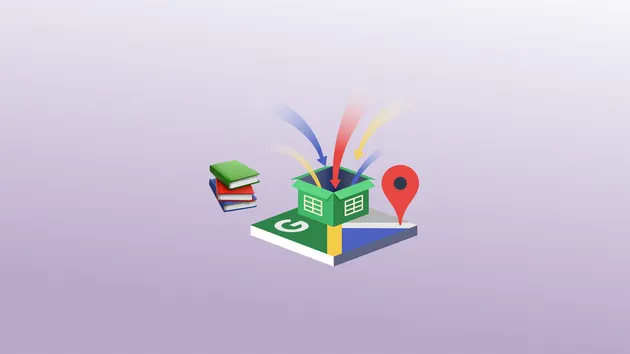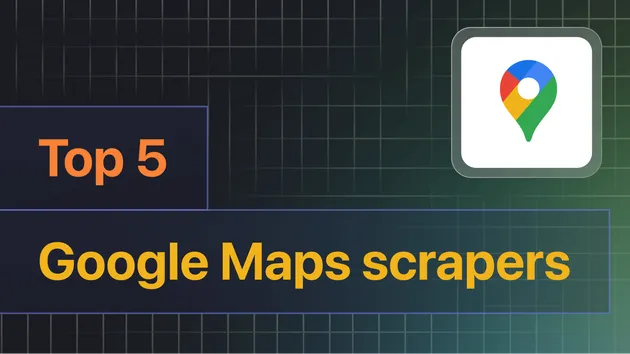Serper | Google Places Scraper
Pricing
$10.00 / 1,000 searches
Serper | Google Places Scraper
Serper (serper.dev) makes it incredibly cheap to scrape Google Maps. But while they provide the code, you need to implement it yourself. With this actor, you just need to specify your search parameters & API key, and it'll do the extraction for you. Perfect for integration with tools like Clay.
5.0 (1)
Pricing
$10.00 / 1,000 searches
0
Total users
42
Monthly users
16
Runs succeeded
>99%
Last modified
5 months ago
You can access the Serper | Google Places Scraper programmatically from your own applications by using the Apify API. You can also choose the language preference from below. To use the Apify API, you’ll need an Apify account and your API token, found in Integrations settings in Apify Console.
{ "mcpServers": { "apify": { "command": "npx", "args": [ "mcp-remote", "https://mcp.apify.com/sse?actors=reezuan/serper-google-places-scraper", "--header", "Authorization: Bearer <YOUR_API_TOKEN>" ] } }}Configure MCP server with Serper | Google Places Scraper
You have a few options for interacting with the MCP server:
Use
mcp.apify.comviamcp-remotefrom your local machine to connect and authenticate using OAuth or an API token (as shown in the JSON configuration above).Set up the connection directly in your MCP client UI by providing the URL
https://mcp.apify.com/sse?actors=reezuan/serper-google-places-scraperalong with an API token (or use OAuth).Connect to
mcp.apify.comvia Server-Sent Events (SSE), as shown below:
{ "mcpServers": { "apify": { "type": "sse", "url": "https://mcp.apify.com/sse?actors=reezuan/serper-google-places-scraper", "headers": { "Authorization": "Bearer <YOUR_API_TOKEN>" } } }}You can connect to the Apify MCP Server using clients like Tester MCP Client, or any other MCP client of your choice.
If you want to learn more about our Apify MCP implementation, check out our MCP documentation. To learn more about the Model Context Protocol in general, refer to the official MCP documentation or read our blog post.



